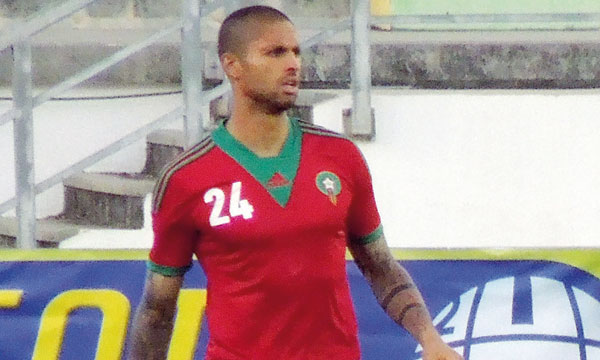The race to succeed Sepp Blatter as FIFA president is taking shape, with five candidates officially nominated to contest the February 26 election. The contenders include Prince Ali of Jordan, Sheikh Salman of Bahrain, Jérôme Champagne of France**, Gianni Infantino of Italy/Switzerland, and Tokyo Sexwale of South Africa**. Each candidate brings a distinct background and vision for the global governing body of football.
Amid this competitive field, national associations have begun signaling their support for specific candidates. France, in a notable decision, has revealed that it will back **Gianni Infantino**, UEFA’s current General Secretary, rather than supporting its own French candidate, Jérôme Champagne. The French Football Federation (FFF) released an official statement explaining its choice, highlighting Infantino’s experience, capabilities, and vision for FIFA’s future.
“Gianni has all the qualities required to succeed. He has the experience, the talent, the hard work, and the convictions, which he has already demonstrated as UEFA General Secretary alongside Michel Platini,” the statement read. The federation emphasized that Infantino’s program demonstrates ambition and a clear understanding of the challenges facing global football.
The FFF specifically praised Infantino’s focus on restoring FIFA’s credibility, which has been severely tested in recent years due to scandals and governance issues. In addition to ethical reforms, France pointed to Infantino’s proposals for the **economic development** of football worldwide and the promotion of educational and solidarity values within the sport. This aligns with the French federation’s vision of football as a tool for social development and global engagement.
Gianni Infantino, 45, has built a career in football administration through UEFA, where he has been instrumental in overseeing various tournaments and policy initiatives. His experience managing complex organizations and navigating international football politics has made him a formidable candidate in the presidential race. Infantino’s vision reportedly includes increasing transparency within FIFA, promoting smaller football associations, and leveraging the organization’s financial resources to support grassroots football and development programs worldwide.
The support of France is a significant boost to Infantino, signaling that even countries with their own candidates are willing to unite behind a candidate they perceive as capable of leading FIFA into a new era. With votes from hundreds of national associations determining the outcome, such endorsements could be pivotal in the tightly contested election.
As the February 26 election approaches, attention will intensify on the remaining candidates, their campaigns, and the alliances forming across FIFA’s 209 member associations. While Infantino now has a notable European endorsement, the election promises to be closely watched globally, as the football world seeks a leader who can restore trust, implement reforms, and chart a sustainable course for the sport’s future.









